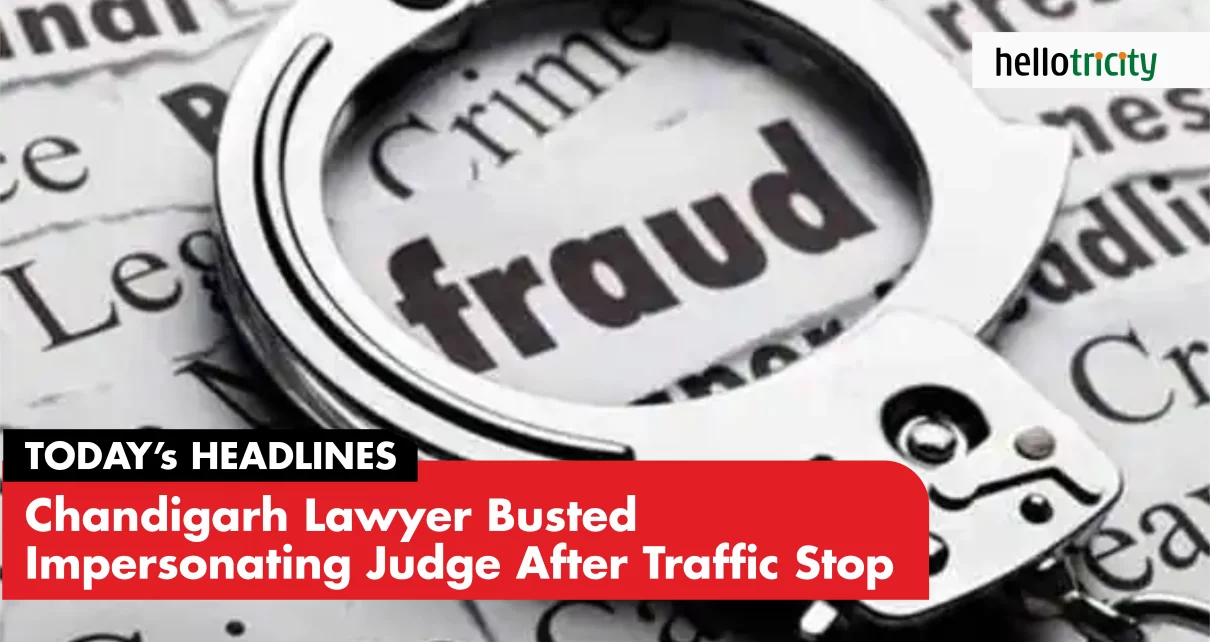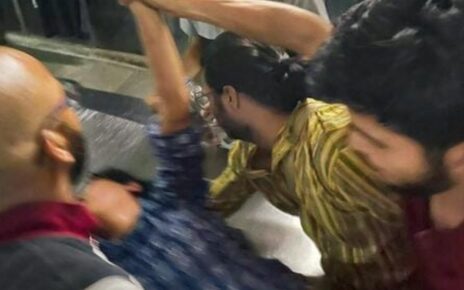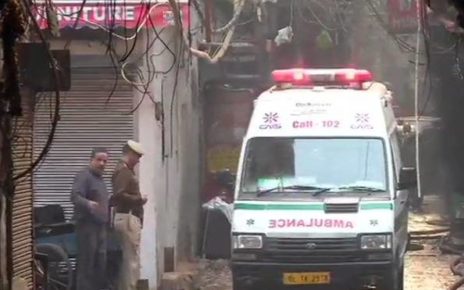A Chandigarh lawyer, Prakash Singh, faces multiple charges after a traffic stop on Sunday turned into a dramatic showdown. Singh was pulled over at a roundabout for obscuring his car’s front number plate with a black cloth.
The incident, which went viral on social media, shows Singh arguing with traffic police ASI Ajit Singh and constable Yogesh. The video captures Singh’s erratic behavior, including stopping on a zebra crossing and refusing to show his driving license.
Things took a bizarre turn when Singh claimed to be a Judicial Magistrate First Class (JMIC) and demanded to speak to a superior officer over the phone. He even attempted to speed away, nearly hitting the officers.
Further investigation revealed Singh’s charade. An online check confirmed he was not a judge, but an advocate. Adding to the evidence, a judge’s logo displayed on Singh’s car windshield further solidified the impersonation case.
ASI Ajit Singh filed a complaint at Sector 49 police station based on the evidence. Under Sections 170 (Impersonating a Public Servant), 186 (Obstructing Public Servant in Discharge of Public Duties) and 419 (Cheating by Personation) of the Indian Penal Code. Prakash Singh was accused and now he faces charges. Also, he has violated traffic rules including jumping red light and tempered with his number plate as he was presented with challans.
Also Read: Chandigarh Schools Adapt To Heatwave, Implement Early Dismissal
The incident has raised concerns about Singh’s past behavior. Police suspect he may have used the fake judge persona on previous occasions. Furthermore, a prior FIR under Section 354 (Assault or criminal force to woman with intent to outrage her modesty) was discovered against him.
After a demand for the vehicle’s registration number, the police were able to locate Mr. Singh at his home address where he was arrested on Monday. This case clearly shows how dangerous it is to impersonate any public officer and why such criminals must be punished promptly.




